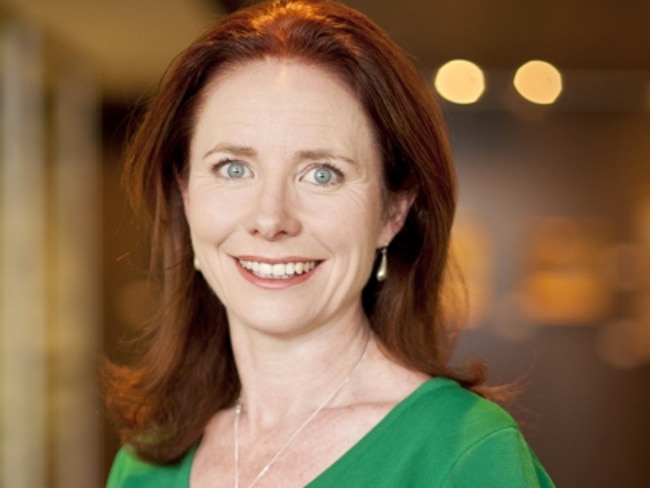New research shows teens are not confident in making financial decisions
MORE than half of Australia’s teenagers do not feel confident or prepared to make financial decisions. The new research also shows parents lack the confidence to provide their kids with adequate financial information or advice.

NSW
Don't miss out on the headlines from NSW. Followed categories will be added to My News.
- Aussie youth fear missing out on friendship
- Study shows teens less likely to date, have a job or have sex
MORE than half of Australia’s teenagers do not feel confident or prepared to make financial decisions.
New research also shows a whopping 71 per cent of teens worry they are making poor financial decisions and that parents lack the confidence to provide their kids with adequate financial information or advice.
Of the 601 young people aged 15-20 who were surveyed nationwide for Westpac’s 2018 Financial Literacy Report, 53 per cent were bamboozled by superannuation, 59 per cent would struggle to fill out their tax return, and 63 per cent have no idea how to apply for a loan.

When it comes to accessing financial information or advice, 81 per cent of teens head straight to their parents, 54 per cent rely on the internet and 16 per cent turn to social media platforms.
A total of 605 parents were also surveyed and 74 per cent admitted to worrying that their teens do not have the financial know-how needed to thrive in the “real world”, and an alarming 63 per cent did not feel confident answering their child’s money-related questions.
Westpac’s Felicity Duffy said while the strong sense of financial illiteracy was concerning, the study indicated an overwhelming willingness to learn across the surveyed group: “The good news is that 81 per cent want to learn how to manage their finances, so young people are committed to taking action.
“It’s so important to communicate concepts of finance in layman’s terms, targeting information to people in a way that is digestible.”

To tackle the problem, Westpac joined forces with the website Year 13 to launch FinLit, a financial literacy program designed to help young people understand the sometimes confusing language and concepts of finance.
“The new digital world is changing the way we see money, the idea of the dollar coin going into the piggy bank is changing,” Ms Duffy said.
“The FinLit program is a learning tool with modules and tests … it’s about getting to know the language of finance, understanding super, taxes. Things like credit cards, why it’s important to pay them off, the basics of investing.

“Budgeting is important. Not just on an annual or weekly basis, but also on that day out shopping … it’s important to understand that the money that comes in needs to cover the cost of what’s going out.”
With 63 per cent of parents not feeling confident to answer their child’s money-related queries, Ms Duffy said people of all ages should take charge of their own financial literacy.
“You’re never too young to learn finance confidence. Whether you’re five-years-old and saving for an X-box, or you’re 55-years-old and saving for retirement,” she said.
